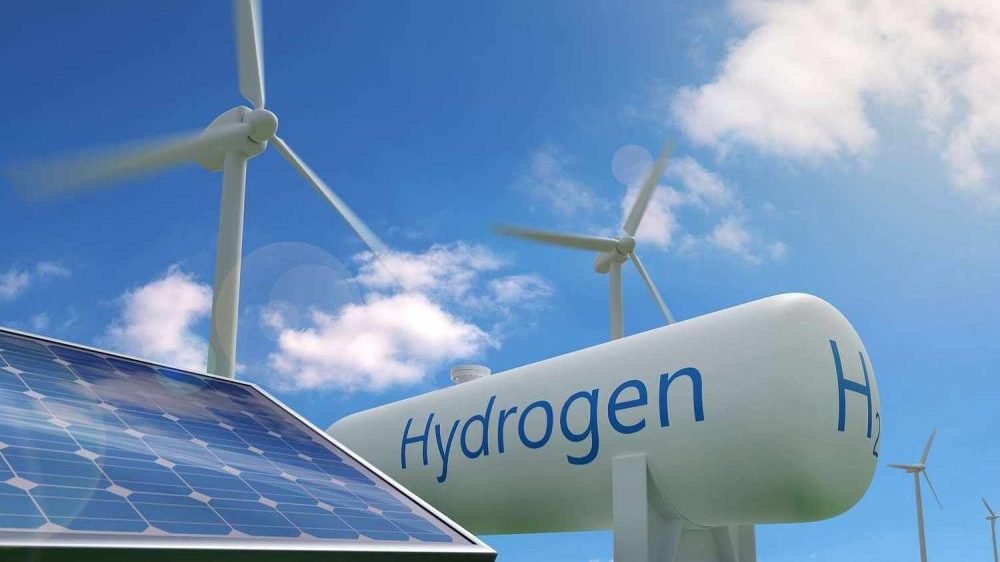The measures outlined in the pact align with Scholz’s vision of a collaborative approach with opposition parties to drive bureaucracy reform.

Germany’s federal and state governments have proposed a “Pact for Germany” to streamline licensing procedures and streamline bureaucratic processes to accelerate investments in renewable energy projects, transmission lines, and hydrogen infrastructure.
Chancellor Olaf Scholz praised the deal, stating it will stimulate various sectors. However, environmental groups worry that the compromise may limit citizen participation and legal intervention for conservationists. The “Pact for Germany” aims to counterbalance increasing regulations.
The measures outlined in the pact align with Scholz’s vision of a collaborative approach with opposition parties to drive bureaucracy reform. This includes the digitalization of planning and approval procedures to become standard, significantly hastening implementation.
Additionally, the introduction of cut-off date regulations in planning and licensing processes will allow for expedited approvals, especially for projects like mobile phone infrastructure expansion.
The initiative also targets shorter deadlines for wind turbine construction, aiming to extend this principle to other planning laws. An expert database and environmental data register will be established to eliminate redundant data recording and assessment by experts.
Notably, replacement structures like larger wind turbines in the transport and energy sectors will no longer necessitate licenses, streamlining the process for repowering existing locations.
Other key reforms encompass the possibility for construction work to commence before all administrative decisions are finalized, a revision of construction code regulations to simplify ground-mounted solar PV arrays or geothermal plants expansion, and the bundling of licenses for heavy transports to facilitate wind power expansion.
To ensure the smooth execution of these measures, the states anticipate financial support of 500 million euros from the federal government to bolster staffing at planning and approval authorities, which are predominantly managed by state and local authorities.
While proponents assert that these reforms are vital for advancing the energy transition, environmental groups express concerns about potential repercussions for nature protection. Sascha Müller-Kraenner, head of Environmental Action Germany, contends that the proposal may diminish citizens’ and environmental groups’ rights to participate, possibly prioritizing industry interests over environmental considerations.
The sentiment is echoed by environmental group Nabu, which deems the reform as an assault on environmental standards. While acknowledging the need for swifter procedures, they caution against compromising public interests, asserting that the package, in its current form, could pave the way for a new era of environmental degradation.
In response to these concerns, Environment Minister Steffi Lemke and Economy and Climate Minister Robert Habeck, both from the Green Party, vow to safeguard environmental standards and climate action.
They affirm that transparency, legal protection, and citizen participation will remain intact, and stress the importance of adequately staffing and equipping administrations to uphold legal procedures.
Ultimately, while the “Pact for Germany” aims to accelerate progress in renewable energy and infrastructure projects, striking a balance between expediency and environmental protection remains a critical challenge that stakeholders are committed to addressing. The first review of the pact’s implementation is anticipated in the first quarter of 2024.